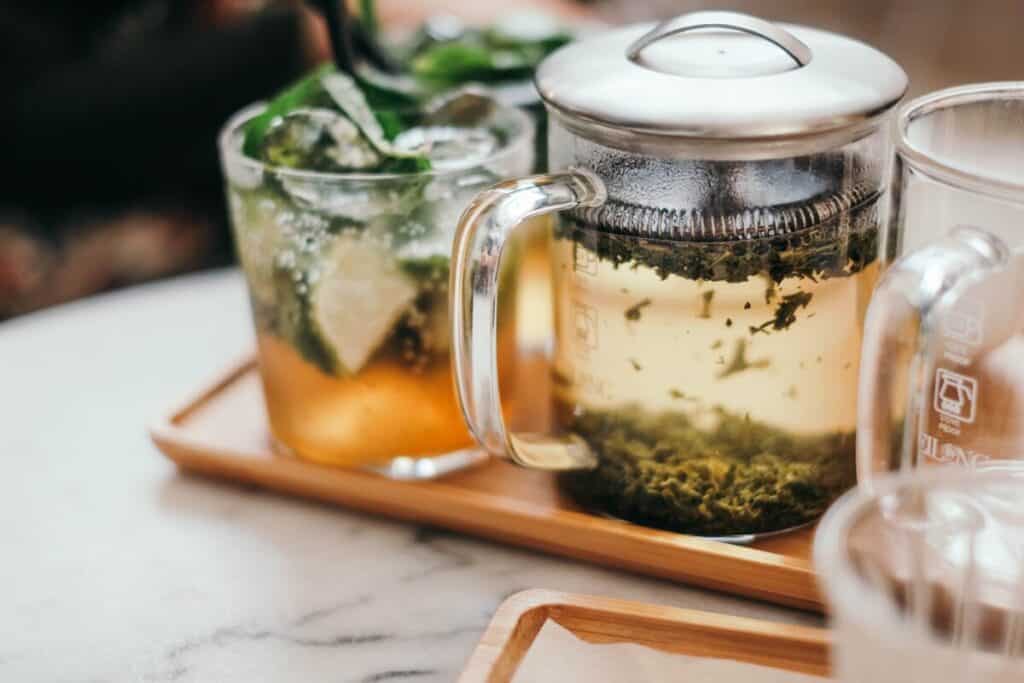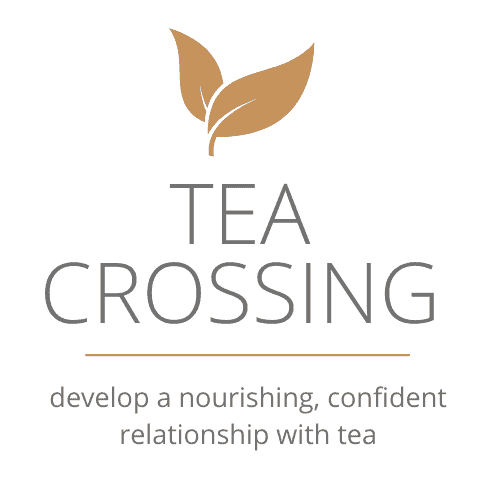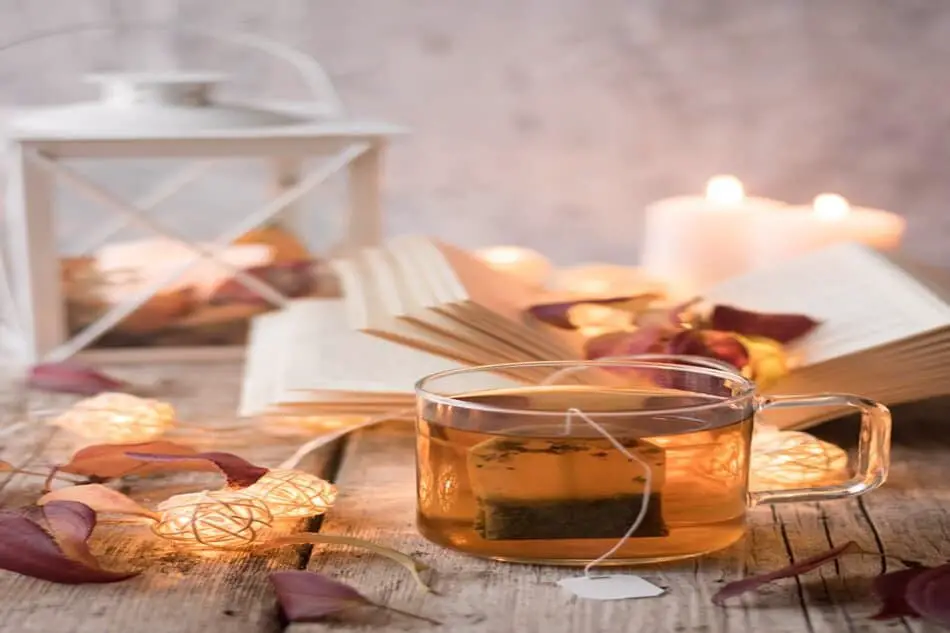When it comes to pregnancy, there are a lot of things that women have to watch out for. Can you have decaf tea when pregnant is it one of the most common questions that pregnant women ask? In this blog post, I will answer that question and provide some other information about decaf tea and pregnancy.
The answer is yes! Decaf tea is a great way to get your caffeine fix without having to worry about the effects of caffeine on your body. However, there are a few things you should keep in mind when drinking decaf tea during pregnancy.
First, it’s important to know that not all decaffeinated teas are created equal. Some decaf teas still contain small amounts of caffeine, so it’s important to check the label before you buy. Second, even though decaf tea is safe for pregnant women, it’s still important to limit yourself to no more than two cups per day.

Caffeine And Pregnancy
We all know that caffeine can be found in many popular drinks such as coffee, tea, and soda. But did you know that it can also be found in chocolate, some over-the-counter medications, and even ice cream? Caffeine is a stimulant that can have both positive and negative effects on our bodies depending on how much we consume.
So what does this mean for pregnant women? Well, the jury is still out on how much caffeine is safe to consume during pregnancy. Some studies have shown that moderate amounts of caffeine (200 mg or less) are not harmful to the developing fetus. However, other studies have linked higher amounts of caffeine consumption to increased risks of miscarriage and low birth weight.
The American College of Obstetricians and Gynecologists (ACOG) states that pregnant women limit the amount of caffeine they take to 200 mg per day. This is equivalent to about 12 ounces of coffee, 28 ounces of tea, or two 12-ounce cans of soda. However, it’s important to keep in mind that the caffeine content in these drinks can vary depending on the type and brand. For example, some types of coffee can have more than twice the amount of caffeine as others.
So what does this all mean? If you’re pregnant, it’s probably best to err on the side of caution and limit your caffeine intake. Talk to your doctor about what they recommend for you and be sure to check food and drink labels for the caffeine content, drink teas with less caffeine, And if you’re not pregnant, enjoy that cup of tea or can of soda guilt-free!
What About Decaf Coffee?
The amount of caffeine in decaf coffee can be different, it all depends on the type of coffee beans used, the brewing method, and other factors. However, on average, a cup of decaf coffee contains three milligrams of caffeine. This is significantly less than the 95-200 milligrams found in a regular cup of caffeinated coffee. So if you’re looking to cut down on your caffeine intake, decaf coffee is a good option. Just be aware that it’s not completely caffeine-free.
When it comes to health benefits, there’s not much difference between regular and decaf coffee. Both types contain antioxidants and have been linked with lower risks of heart disease and certain types of cancer.
Can You Have Sleepytime Tea When Pregnant?
Sleepytime tea is a popular herbal tea made with chamomile, spearmint, lemongrass, and other soothing herbs. It’s no wonder that many pregnant women turn to this tea as a way to relax and get a good night’s sleep. But is it safe to drink during pregnancy?
The short answer is yes, you can drink sleepytime tea while pregnant. Chamomile and other herbs in the tea are generally considered safe for pregnant women. However, it’s always best to speak with your healthcare provider before drinking any type of herbal tea during pregnancy, just to be on the safe side.
So if you’re looking for a natural way to help you relax and get a good night’s sleep, give sleepytime tea a try. Just be sure to check with your doctor first.
What Kind Of Tea Should You Avoid When You Are Pregnant?
You should avoid teas that contain caffeine, as this can lead to dehydration and could also increase the risk of miscarriage. Herbal teas are generally considered safe to drink during pregnancy, but you should always check with your healthcare provider before consuming any herbal tea, just to be on the safe side. Peppermint tea is another herbal tea that can be helpful for pregnant women, as it can help to relieve nausea.
Can A Pregnant Person Drink Matcha?
Matcha is a type of green tea that is popular in Japan. It is made from the leaves of the Camellia sinensis plant and has many health benefits. Matcha contains caffeine, which can be harmful to pregnant women if consumed in large amounts. However, when taken in moderation, matcha can be a healthy part of a pregnant woman’s diet.
A cup of matcha contains about 35 mg of caffeine, so it can be safely consumed as part of a moderate caffeine intake. Pregnant women should also avoid consuming matcha late in the evening, as it may interfere with sleep.
Matcha is a good source of antioxidants, which can help to protect the body from cell damage. These antioxidants may also help to reduce the risk of some chronic diseases, such as heart disease and cancer. Matcha is also a good source of fiber, which can promote digestion and regularity.
Overall, matcha is safe for pregnant women to consume in moderation. However, it is important to speak with a healthcare provider before adding any new food or beverage to a pregnancy diet. This is especially true for those with underlying medical conditions or who are at high risk for complications during pregnancy.
Bottom Line
So there you have it! Decaf coffee is a great option if you’re looking to reduce your caffeine intake. And it turns out that it has some pretty impressive health benefits too. So next time you’re craving a cup of joe, go ahead and reach for the decaf. Your body will thank you for it! Do you have a favorite decaf coffee? Let me know in the comments below.

